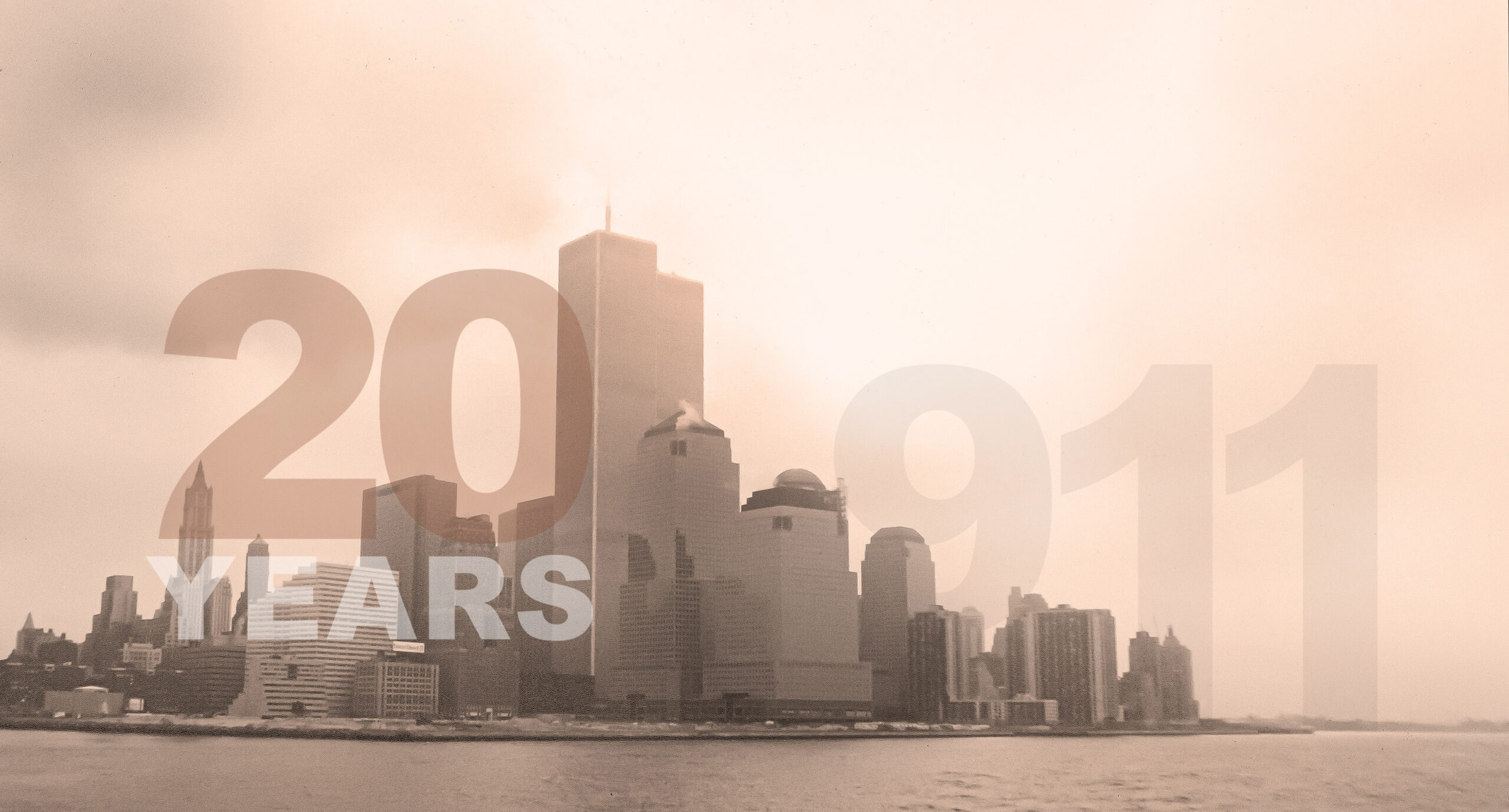20 years on: Reflections on 9/11

On Sept. 11, 2001, I was in my Upper West Side apartment on the phone with my mother in New Jersey. We both were watching CNN, which was reporting that a small plane had accidentally flown into the World Trade Center and one of the towers was on fire.
We talked about how this accident was a tragedy, but that I should probably leave for work.
Then we saw the second plane enter the frame and realized this was no accident. I stayed home, phone-tethered to my mother. The immediate family checked in. I heard helicopters hovering outside my tiny apartment — an unsettling flapping hum that continued as they circled for the next several hours.
I watched, with much of America and the world as the buildings — once strong and solid —disintegrated and fell, killing and injuring thousands. It looked like something out of a movie but accompanied by an audible roar and palpable tremors beyond anything Hollywood could have engineered.
I made the decision to head into work. The subways were shut down. The overcrowded buses were running erratically, so I walked. On the way, I met someone who also had left late for work because she’d had a piano lesson. Her entire team died that day.
As the hours and days passed, there were more stories. Friends who worked downtown had fled their office buildings, walking miles uptown in uncomfortable shoes through the white, incinerated dust. Others had delayed their arrival at work that morning to vote in a local election or drop off their children at school. Those delays saved them.
On Sept. 12, the signs went up: “Have you seen them?” “Mother of two missing.” “Last seen entering the World Trade Center.” Those signs were everywhere. And as time passed, the missing became the dead.
New York was never the same. Terror had blown a hole right through it, along with our sense of safety. Before, I had felt invigorated by New York’s seemingly eternal pulse. Now, I was suddenly aware of how much was temporary, and lived the life of a trauma survivor — always taking food and water with me when I left the house; having a go-bag at the ready; wearing comfortable shoes at all costs, because I never knew what might happen.
In 2008, I moved to Los Angeles. Although the move wasn’t prompted by 9/11, the event undoubtedly shook me awake and eventually prompted a change. I still prefer comfortable shoes and have go-bags stowed in my apartment and car. It’s just that here they’re called earthquake kits.
Much has changed for me over the past 20 years. I became an aunt five times over. I started working for myself. I ignored one big birthday, then an even bigger one. In 2011, my mother — my emotional tether on 9/11 and on my most difficult days — died.
Here, 9/11 seems to barely register for many people. But for me, the anniversary echoes like earthquake aftershocks. It pokes at the scar that hides my wounds, and the pain flares. The grief continues to surprise me, like patches of uneven sidewalk tripping me up.
These days I hug my family as often as possible. I say “I love you” more frequently. My outer circle of friends now have different email addresses, professions and interests. Some have dropped off my radar. Some have married. Others have divorced and remarried. Some are still single. Some have died. Some have had children who are now in college.
Here, 9/11 seems to barely register for many people. But for me, the anniversary echoes like earthquake aftershocks. It pokes at the scar that hides my wounds, and the pain flares. The grief continues to surprise me, like patches of uneven sidewalk tripping me up.
The loss I feel is oddly amorphous. Despite the fact that I was in my apartment that morning, I still feel like I inhaled the tragedy and that it lives within me. That loss continues to this day: invisibly insidious, living inside words and experiences, as if waiting for a vulnerable moment and the opportunity to extend a barb, puncture my lung and make it hard to breathe.
Ten years ago, I watched CNN as victims’ family members read the names of those who died. They paused at the end of their recitations for personal reflections that captured their pain and illustrated their families’ journeys.
Those names comprised every ethnic group, including Orthodox Jews, one of whom ended his recitation in Hebrew: “May God wipe the tears from all of our faces.”
A relative of victim Allan Abraham Shwartzstein concluded his recitation with the following charge: “Share everyone’s stories so we never forget.”
So we do. So that we may remember.